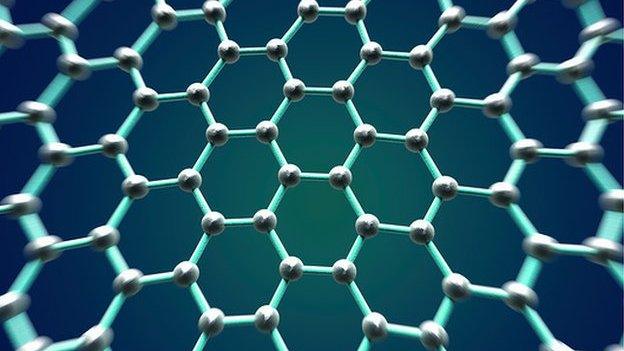Graphene used in 'world first' road surface trial on A1
- Published
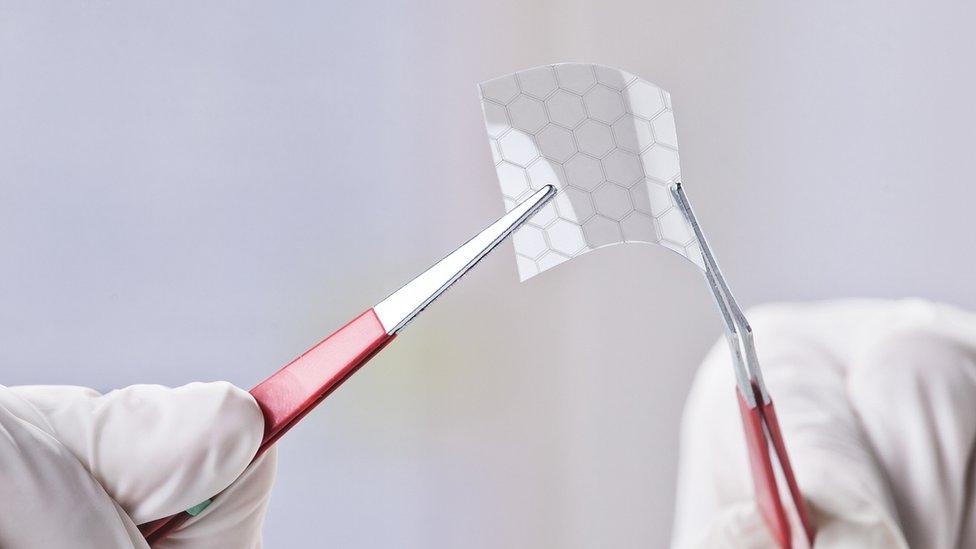
Graphene is a single sheet of carbon atoms arranged in a honeycomb pattern
The so-called wonder material graphene is to be used in resurfacing the A1 in Northumberland in what the government says is a "world first".
The trial will examine whether the material, which is only one atom thick, could prolong the lifespan of roads.
Graphene has been used to enhance new asphalt when mixed with plastic but this is the first time it will be added to recycled asphalt on site.
National Highways manager Graeme Watt said it could be "industry changing".
"Laboratory trials have been a success and the on-site trials in Northumberland will be a world first use of graphene in road production," he said.
"From what we've seen so far, it could make some of our assets last significantly longer."
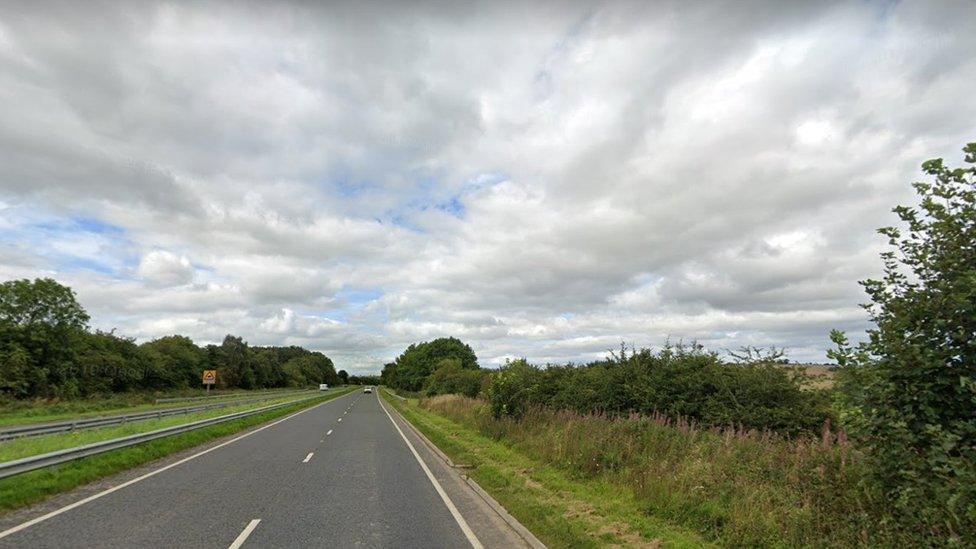
The trial will take place on the northbound A1 between Newton on the Moor and West Cawledge
Graphene is extremely strong, robust and flexible and has a wide range of uses including engineering, electronics, seawater desalination and footwear.
Products such as GiPave - a pellet made from graphene and plastic which can be added to new asphalt - have already been trialled in the UK.
National Highways plans to scrape up the existing asphalt from the A1, add raw graphene on site and then re-lay the resulting recycled mix.
If successful, it could extend the life of road surfaces and reduce the frequency of roadworks, it said.
The trial will take on the northbound carriageway between Newton on the Moor and West Cawledge, south of Alnwick, from 19 September to 1 November.

Follow BBC North East & Cumbria on Twitter, external, Facebook, external and Instagram, external. Send your story ideas to northeastandcumbria@bbc.co.uk, external.
- Published7 September 2021
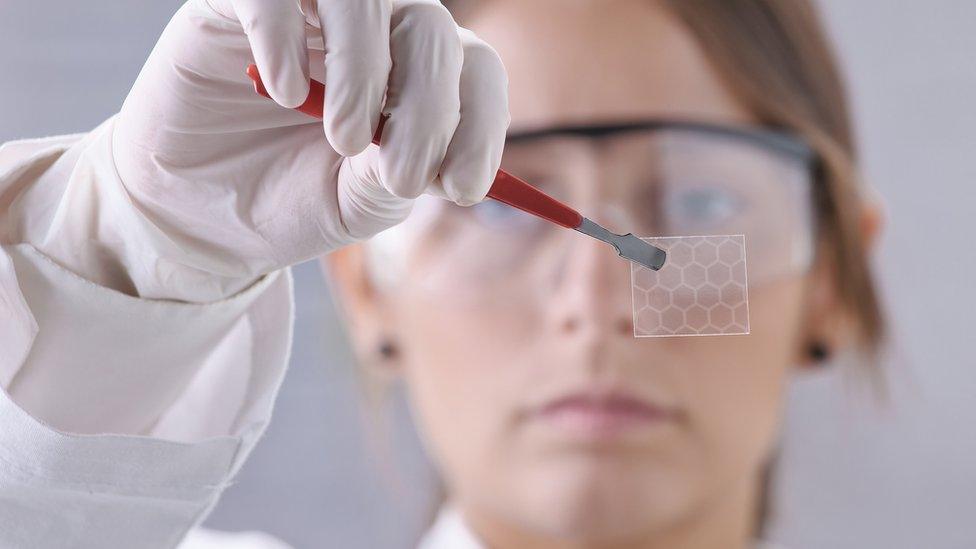
- Published6 December 2017
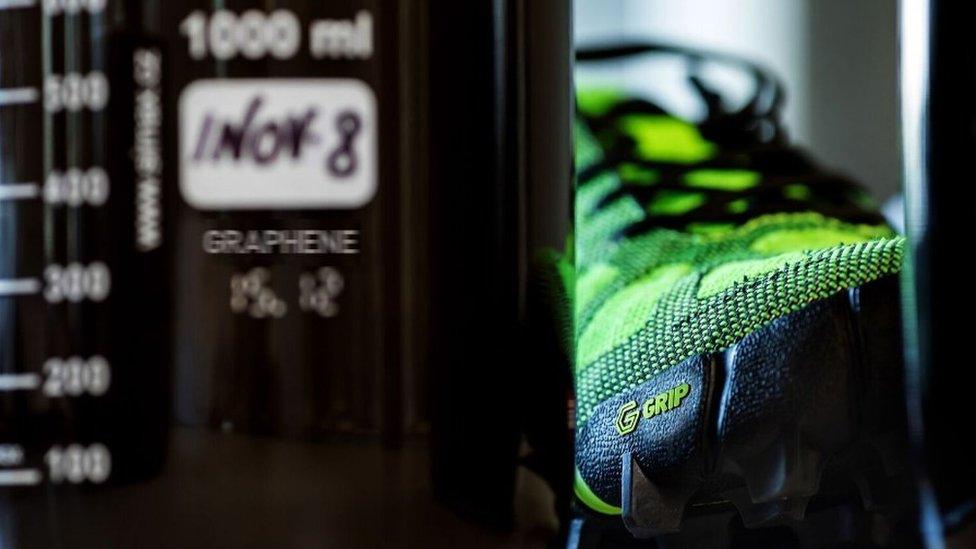
- Published3 April 2017
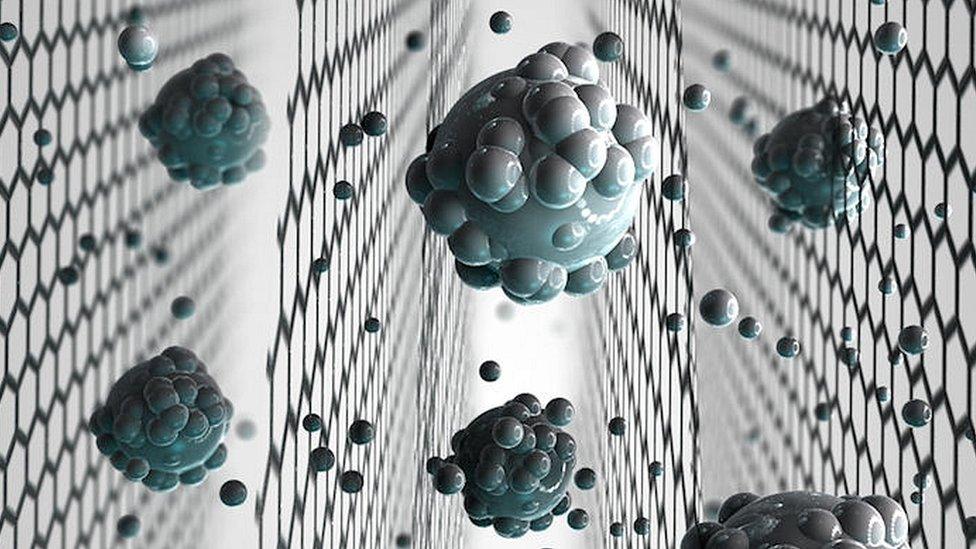
- Published29 July 2015
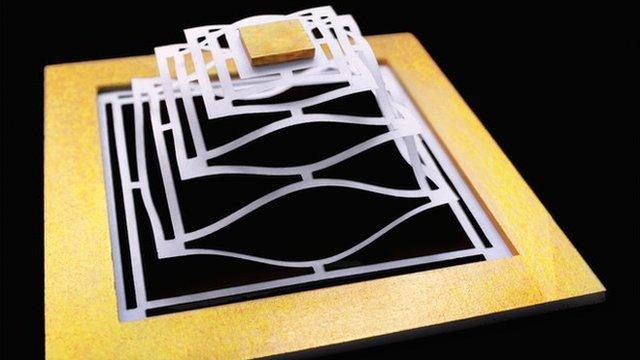
- Published22 April 2014
